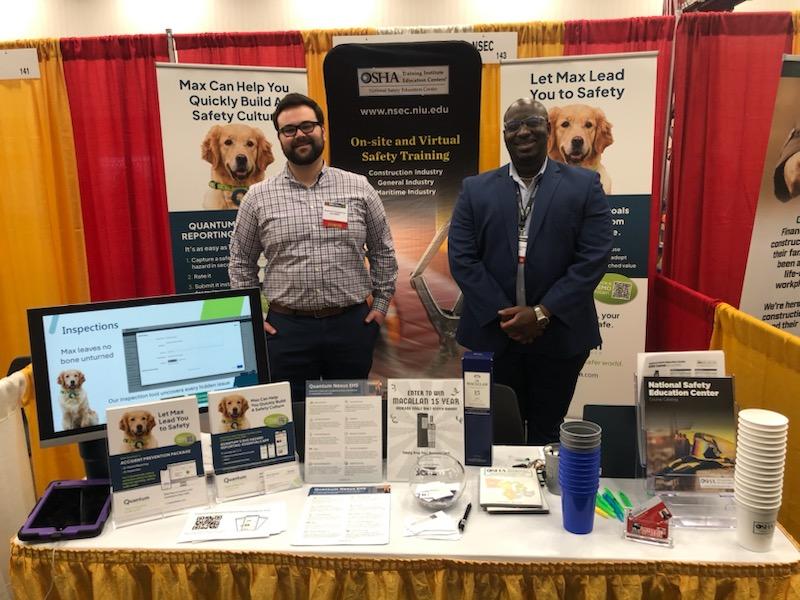 Earlier this month, the Senate passed a bill regarding chemical safety procedures that has the support of both major political parties as well as major industries. The Frank R. Lautenberg Chemical Safety for the 21st Century Act is a huge step towards the long-needed revision to the Toxic Substances Control Act, an environmental law passed in 1976 that established the extent of the EPA’s abilities to regulate and control chemical substances and mixtures. Because industry and chemical research have developed so rapidly since that law was passed, many of its provisions are outdated and inefficient and, most of all, insufficient. In order to fix this gap, 18 states passed chemical substance regulations (as of 2011 numbers) but this still has not been enough to address the inadequate federal regulatory standards.
Earlier this month, the Senate passed a bill regarding chemical safety procedures that has the support of both major political parties as well as major industries. The Frank R. Lautenberg Chemical Safety for the 21st Century Act is a huge step towards the long-needed revision to the Toxic Substances Control Act, an environmental law passed in 1976 that established the extent of the EPA’s abilities to regulate and control chemical substances and mixtures. Because industry and chemical research have developed so rapidly since that law was passed, many of its provisions are outdated and inefficient and, most of all, insufficient. In order to fix this gap, 18 states passed chemical substance regulations (as of 2011 numbers) but this still has not been enough to address the inadequate federal regulatory standards.
Not having sufficient federal regulation about how to enforce chemical safety procedures means that the exact scope of the EPA’s jurisdiction in these matters varies from state to state, which mainly results in unsuccessful federal controls. Because of this, industrial giants like members of the Consumer Specialty Products Association support the Frank R. Lautenberg Chemical Safety for the 21st Century Act, saying that it “brings the US closer to having an effective, science-based chemical regulatory system that gives consumers confidence in the safety of the products they buy.” With this kind of industrial sentiment behind it, that proposed Act was able to easily pass through the Senate with bipartisan support.
However, a bill still needs to go through the House in order to become a law. The earlier link to the Senate bill shows proposed revisions from the House of Representatives – as you can see just by looking at the sheer volume of those revisions, the Frank R. Lautenberg Chemical Safety for the 21st Century Act has a long way to go before it can be codified into a formal EPA regulation. But even before its provisions become legally necessary, the health and safety programs that this proposed law presents are good advice that everyone in a chemical-related industry should follow in order to promote health, safety, and efficiency.








